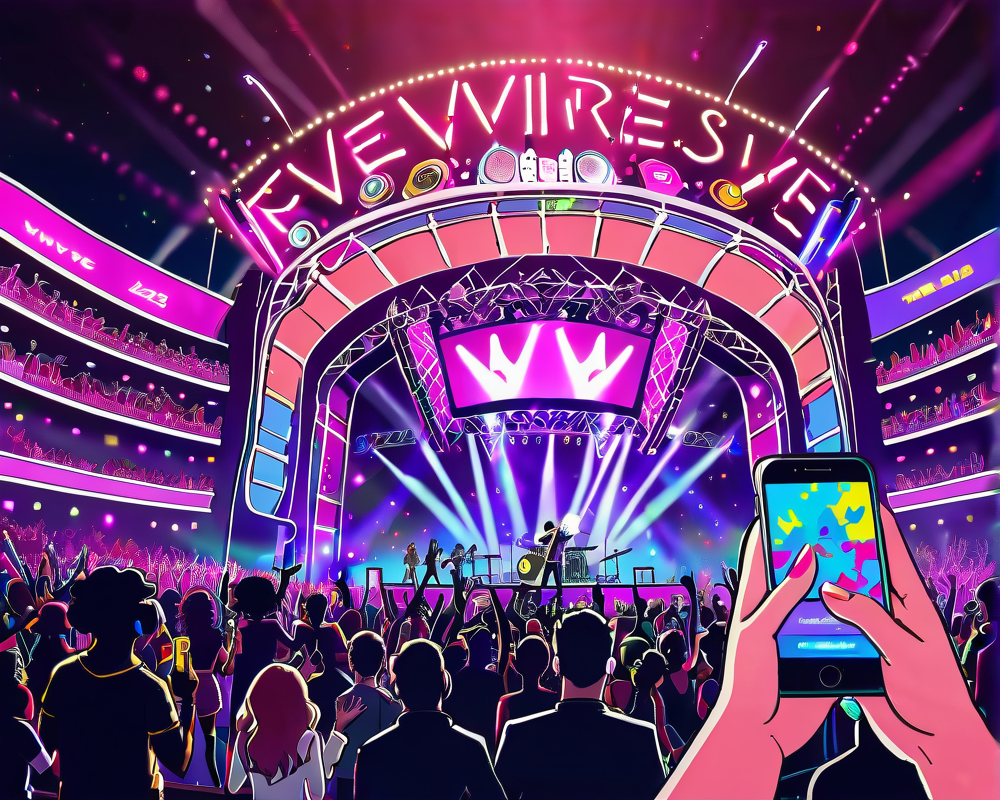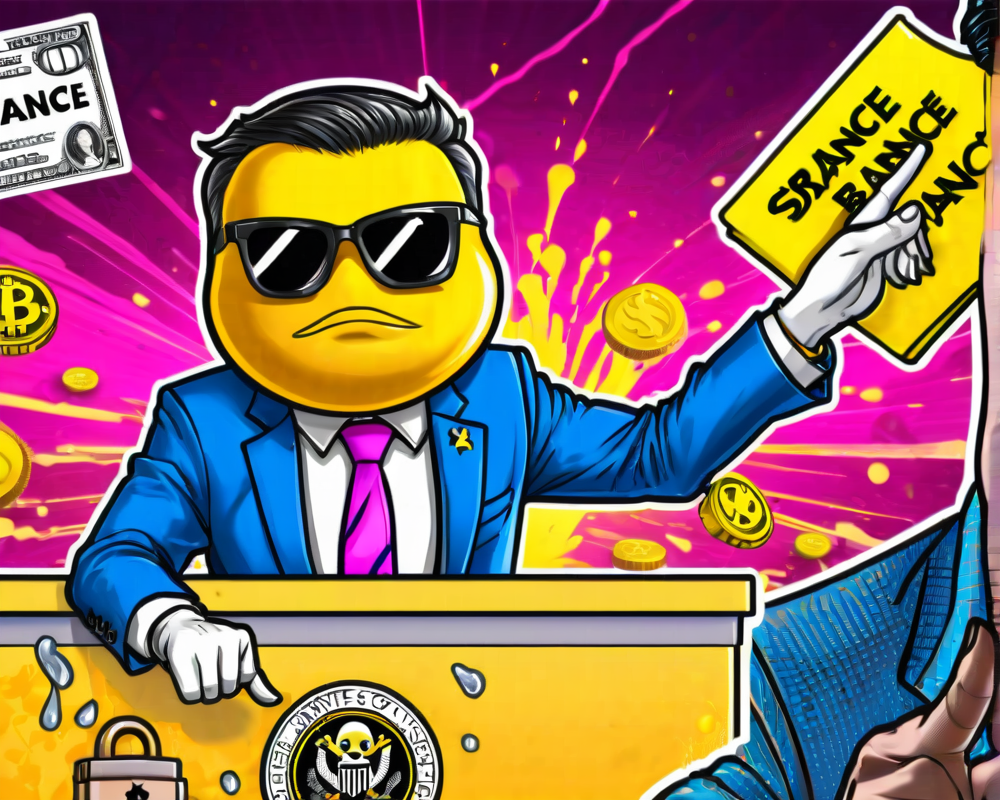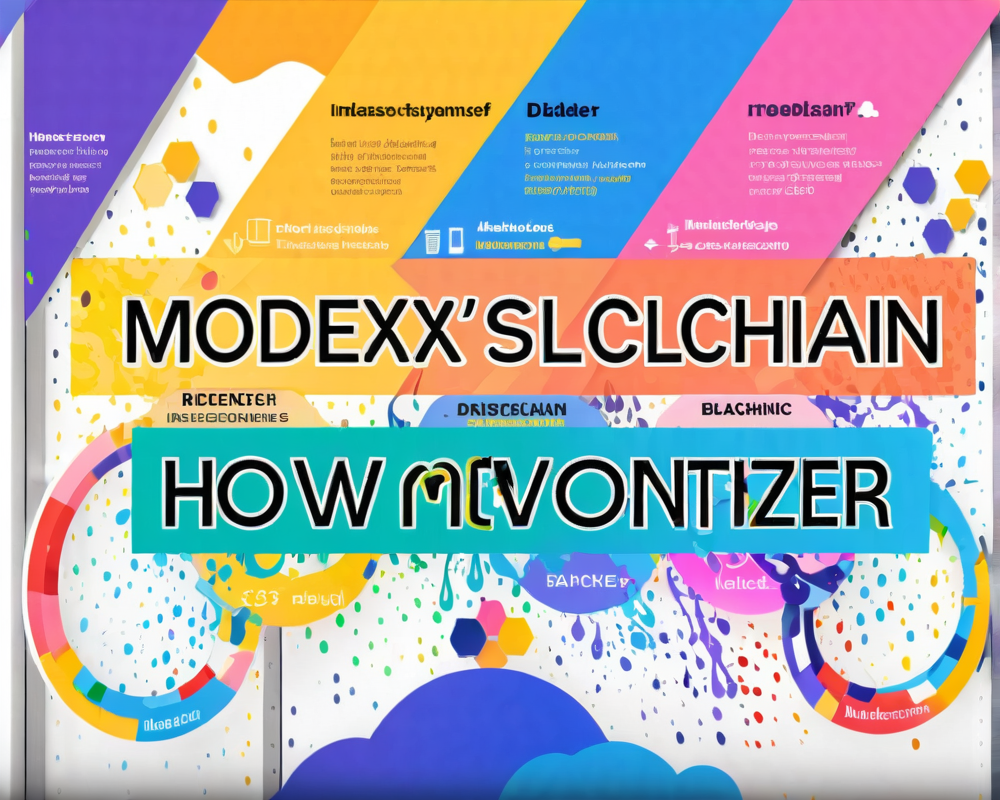The New Era of Live Music
As the clutches of the global pandemic tighten, lingering questions about the return of our social lives remain unanswered. One thing is certain: live music venues like nightclubs and concert halls have faced mounting challenges, and traditional performances are scattered like confetti in a tornado. With in-person events becoming a thing of the past (at least for now), we’re left to navigate an evolving landscape where digital innovation reigns supreme.
What Is the Metaverse?
First brought to life by Neal Stephenson in his 1992 novel Snow Crash, the concept of the Metaverse has taken a futuristic twist. It’s a digital realm where avatars roam freely, mingling and escaping the daily grind of reality. Sound familiar? As we stumble through another year of restrictions, it seems that Stephenson’s vision of an alternate reality might just become a part of our entertainment future.
A Musical Metaverse Revolution
With projections indicating that live music revenues won’t bounce back until 2023, artists are looking for creative solutions to connect with fans. Picture the ease of a virtual gig where overhead costs are limited, allowing musicians to focus on their craft instead of counting pennies. Fans can join concerts from the comfort of their homes, bringing together enthusiasts from around the globe regardless of geographical limitations.
Decentralization and DAOs: The Future of Music
And here’s where things get funky with decentralized autonomous organizations (DAOs). Unlike traditional music industry players, a DAO acts like a boardroom where every individual has a say. Imagine joining forces with a community of like-minded fans to fund unique events, curate setlists, or even purchase concert tickets as a united front. It’s radical, it’s rebellious, and it’s democratizing creativity in music.
The Creative Possibilities of Music in the Metaverse
Envision a reality where quirky music genres and boundary-pushing artists find their tribe. With DAOs and the Metaverse, there are endless possibilities—whether it’s organizing immersive digital festivals or buying a legendary album as a collective. The potential to shape the future of live music rests in the hands of the fans. In this emerging digital space, the unconventional becomes the norm, leaving traditional gatekeepers in the dust.
As we look ahead, let’s embrace the serendipity of a more inclusive and diverse music culture, where everybody has a front-row seat, even if it’s virtually.




